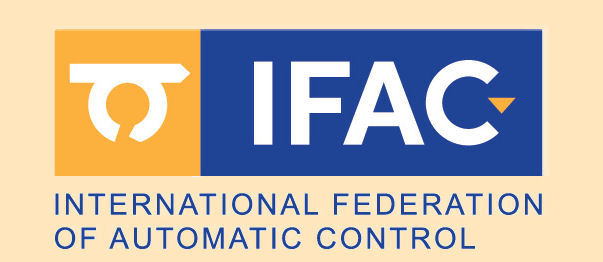| Paper MoBT3.3
Jung, Daniel (Linköping University), Kleman, Björn (Linköping University), Lindgren, David Nils Henrik (Linköping University), Warnquist, Håkan (Scania CV AB)
Fault Diagnosis of Exhaust Gas Treatment System Combining Physical Insights and Neural Networks
Scheduled for presentation during the Regular Session "Modeling, Estimation, and Control of Internal Combustion Engine- II" (MoBT3), Monday, August 29, 2022,
16:10−16:30, Pfahl Hall 140
10th IFAC International Symposium on Advances in Automotive Control, August 28-31, 2022, Columbus, Ohio, USA
This information is tentative and subject to change. Compiled on April 26, 2024
|


 This site is protected by copyright and trademark laws under US and International law.
This site is protected by copyright and trademark laws under US and International law.